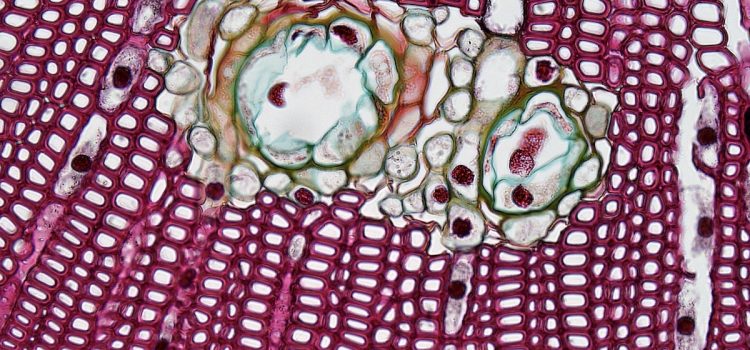What happens during a stroke? What’s the most common type of stroke? What are the risk factors and symptoms? After she recovered from a rare type of stroke, neuroscientist Jill Bolte Taylor wrote about the experience in My Stroke of Insight. She explains what a stroke is and discusses ischemic strokes and two types of hemorrhagic strokes. She also talks about the various symptoms that you can experience. Continue reading to learn about different types of strokes and symptoms that might arise.
Types of Strokes and Symptoms: A Quick & Simple Guide










